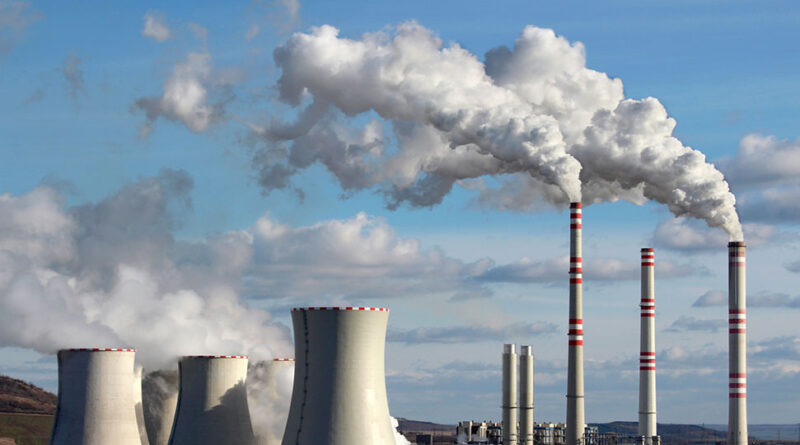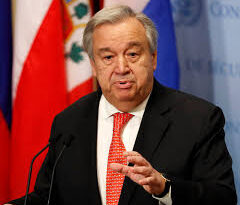New Zealand ends plans to price agricultural emissions
New Zealand on Tuesday ended a plan to put a price on agricultural emissions including methane produced by belching sheep and cattle, relenting to farmer pressure that the plan would make their business unprofitable.
The conservative government said in a statement it would establish a Pastoral Sector Group with representatives from the agricultural sector to find other ways to reduce biogenic methane.
Terms of reference for the group need to be developed and agreed upon.
The previous government had introduced a plan to charge farmers for their gas emissions from the end of 2025, in what was hailed as a world first.
New Zealand, home to 5 million people, has about 10 million cattle and 26 million sheep. Nearly half its total greenhouse gas emissions come from agriculture, mainly methane.
New Zealand had been planning on including agriculture in the emissions trading scheme as part of its commitment to stop global warming. However, the plan was unpopular in many parts of the rural sector and the current government promised to end it if elected.
“It’s time for a fresh start on how we engage with farmers and processors to work on biogenic methane,” said New Zealand’s Minister of Agriculture Todd McClay.
He added the government was committed to meeting its climate change obligations.
The government has committed NZ$400 million ($245.08 million) over the next four years to accelerate the commercialisation of tools and technology to reduce on-farm emissions and will increase funding for New Zealand Agricultural Greenhouse Gas Research Centre by NZ$50.5 million over the next five years, the statement said.




